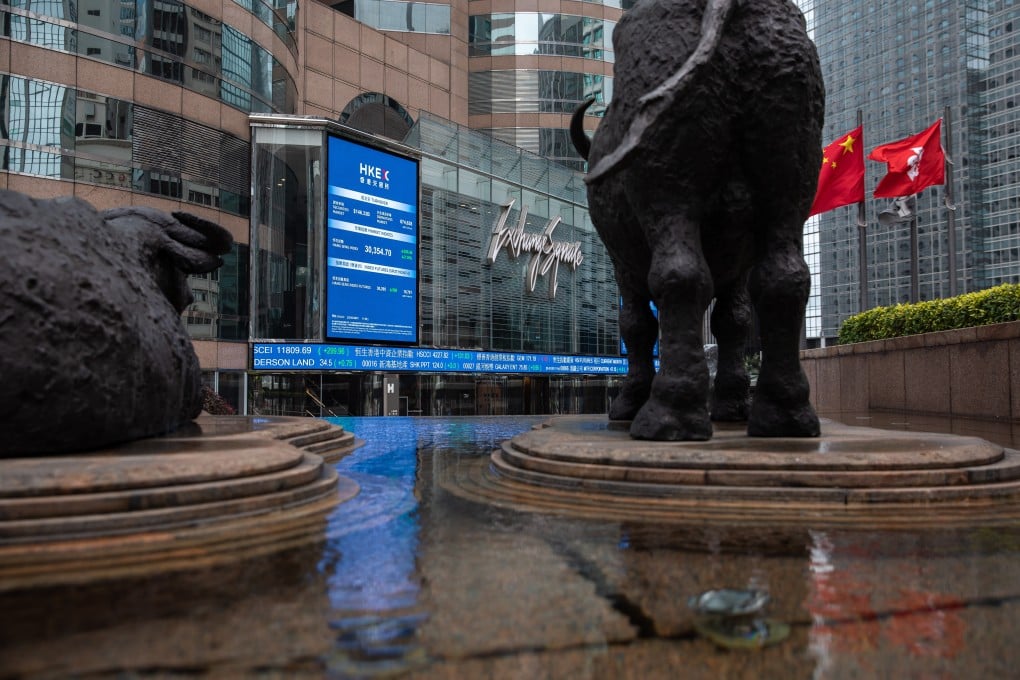Advertisement
Opinion | Sell up, the stock market is collapsing after a last-gasp bull run
- With monetary easing set to end, it’s a game of chicken as investors see how close they can come to timing the inevitable downturn
Reading Time:3 minutes
Why you can trust SCMP
3

I hope you read my prediction in the Post in February 2020 of a market collapse. It began that day in New York. I further warned that central bankers would “need to raise near-zero interest rates to equip themselves for the next downturn and mitigate distorting effects of low interest rates on real asset values, investments, savings and income equality”.
My second prediction is now set to come true. If you need convincing, please consider that I also warned Post readers in July 2007 of a market collapse we now call the global financial crisis.
My reasoning is simple. Recent bull markets reflect nothing more than monetary easing now set to end. As my professor at the University of Chicago, Milton Friedman, rightly said, monetary policy is very powerful but also very blunt. Whereas it can stimulate capital investment by lowering nominal interest rates, it flows readily into speculation and beyond shores.
Advertisement
The 25 per cent increase in the US M2 money supply this year and similar stimulus by other central bankers (10 per cent in China and 11 per cent in the EU) have caused investor euphoria to levitate share and real estate values far above levels we would have seen in their absence. It’s a game of chicken, to see how close one can come to timing a downturn whose inevitability looms.
Worryingly, the new Biden administration is pushing a US$1.9 billion stimulus package that will raise the risk of a countervailing Federal Reserve response. Even left-liberal economist Larry Summers deems it too big.

Stimulus already applied and pent-up Covid-19 demand portend a new roaring 1920s like the one following the Spanish flu pandemic a century ago. In the presence of easy money, it would mean roaring inflation.
Advertisement
Select Voice
Select Speed
1.00x
